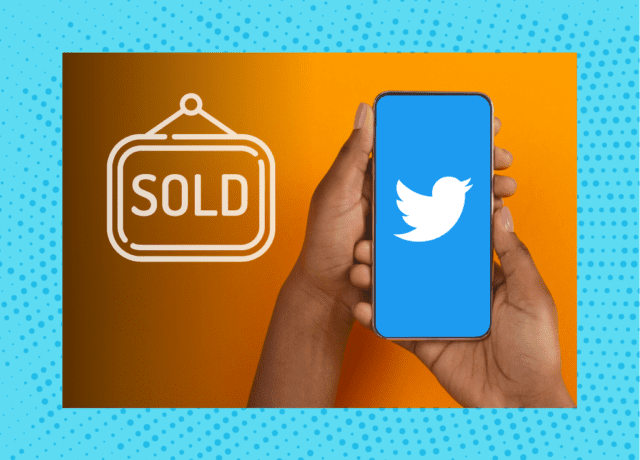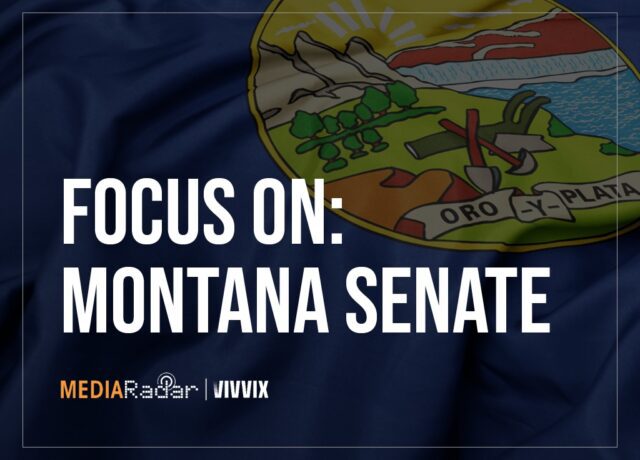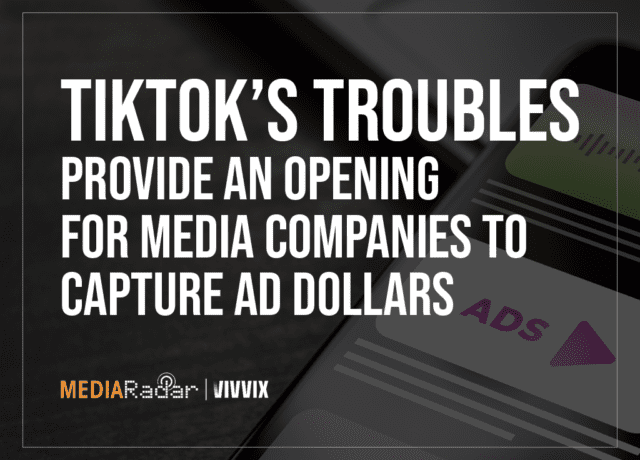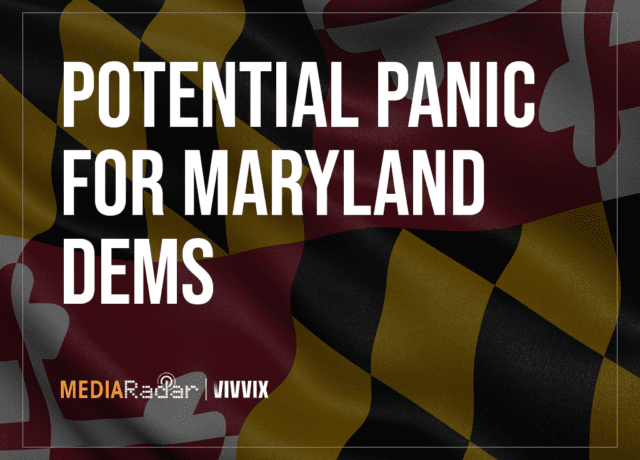What does Elon Musk’s purchase of Twitter mean for advertisers?
That’s probably not a question you thought you’d ever ask, but here we are.
If you don’t know, Elon Musk, the world’s richest person, bought Twitter for $44b.
That sentence alone may be shocking, but there’s more.
According to reports, he bought Twitter for $54.20 per share. That’s 38% above the company’s share price earlier this month, which seems like a lot for a company that’s experienced its fair share of growing pains.
The second shockwave comes from how long it took him to close the deal.
Musk Tweeted about his desire to buy Twitter on April 14, 2022.
The sale went through less than two weeks later.
Basically, he decided to buy Twitter, which cost him more than the GDP of some developed countries, in less time than we’d spend deciding if we want the new iPhone.
Shockwaves aside, Twitter’s change in ownership has real-world implications—and not just for its more than 200mm users.
Advertisers will be impacted, too.

It’s Elon’s Twitter and Advertisers Are Just Living in It
A quick Google search about Musk’s purchase would make it clear that most people are concerned with more foundational elements of the platform—think unbanning former President Donald Trump and open-sourcing Twitter’s algorithm.
These aren’t necessarily the topics advertisers are worried about, though.
For them, the pressing question revolves around what will become of Twitter’s advertising capabilities.
If it were up to Musk, a lot would change. But, in reality, that’s unlikely—at least in the short term.
Despite his desire to move away from advertising (in 2019, he tweeted that he “hated advertising”), this is how Twitter makes money.
In 2021, 89% of its revenue came from ads. And now, Musk has a fiduciary responsibility to keep Twitter in the green.
Cutting ad revenue from the equation would do the exact opposite.
So, what will change?
Crypto advertisers may dive deeper into Twitter given Musk’s long-standing interest in the technology, which he made clear when he expressed his wish to introduce dogecoin payments to Twitter.
In Q1, 25 digital currency brands were advertising on Twitter, including one of the biggest names in the digital-currency world, Crypto.com.
That said, Twitter ads are likely the last thing on the minds of crypto advertisers.
Just this week, the crypto market lost more than $200mm as people sold their assets in the wake of massive crashes from Bitcoin and Ethereum.
The Cryptocurrency trading platform, Coinbase, also lost half its value.
While crypto advertisers may not be the first ones to take the plunge in light of recent events, the message is all the same: There are a ton of supporters and companies that align with Musk’s values.
Expect many of them to dive head-first into Twitter advertising.
The Wild West of Twitter: Free Speech + Big Brands?
At the same time, Musk’s desire for a less-regulated Twitter could scare national consumer brands away that may be worried about Twitter turning into the Wild West.
Just this week, Musk said, “Free speech is the bedrock of a functioning democracy, and Twitter is the digital town square where matters vital to the future of humanity are debated.”
For big blue-chip companies that have historically demanded clean and brand-safe environments, this very well may be reason enough to flee.
The premium these brands place on brand safety is why other big names in the advertising world have made massive investments to curb hate speech and create those safe environments.
YouTube, for example, seriously improved its advertising policies and tools following a mass exodus of more than 250 brands, including Toyota, Heinz and Tesco, that were concerned about their ads appearing alongside extremist and offensive content.
If Twitter can’t show brands that it’s making a concerted effort to keep its ecosystem safe and free from controversial content, many of them will go somewhere that can.
To illustrate what’s at stake for Twitter, in March 2022, brands with the highest concentration of ad spend included Apple, AT&T, Meta, NBCU, Alphabet and The Walt Disney Corporation.
Most of the major names in the streaming world are also buying ads, including HBO MAX, Peacock, AppleTV+, PlutoTV, Netflix, Twitch, Crave, ESPN+ and AMC+.
Twitter’s Advertising Future Hangs in the Balance
Less than a month after one of the world’s most interesting people bought one of the world’s most popular social media platforms, we wait.
For better or worse, it’s too soon to predict Twitter’s future.
Will it become a haven for free speech? Maybe.
Will Twitter’s algorithm open to the masses? Potentially.
Will the edit button make its long-awaited debut? It looks like it.
Will Twitter change in some way, shape or form in the coming months and years? Absolutely.
Given that Twitter is a key cog in the advertising engine of many, it’s entirely reasonable that the long list of potential changes would cause some concern.
Time will tell what’s next for Twitter, but what’s important to take away right now is that Musk has a fiduciary responsibility to keep the company profitable.
Considering nearly all of its revenue comes from ads, it’s hard to imagine any significant changes taking shape in the immediate future.
But, with Elon Musk, you never know.



